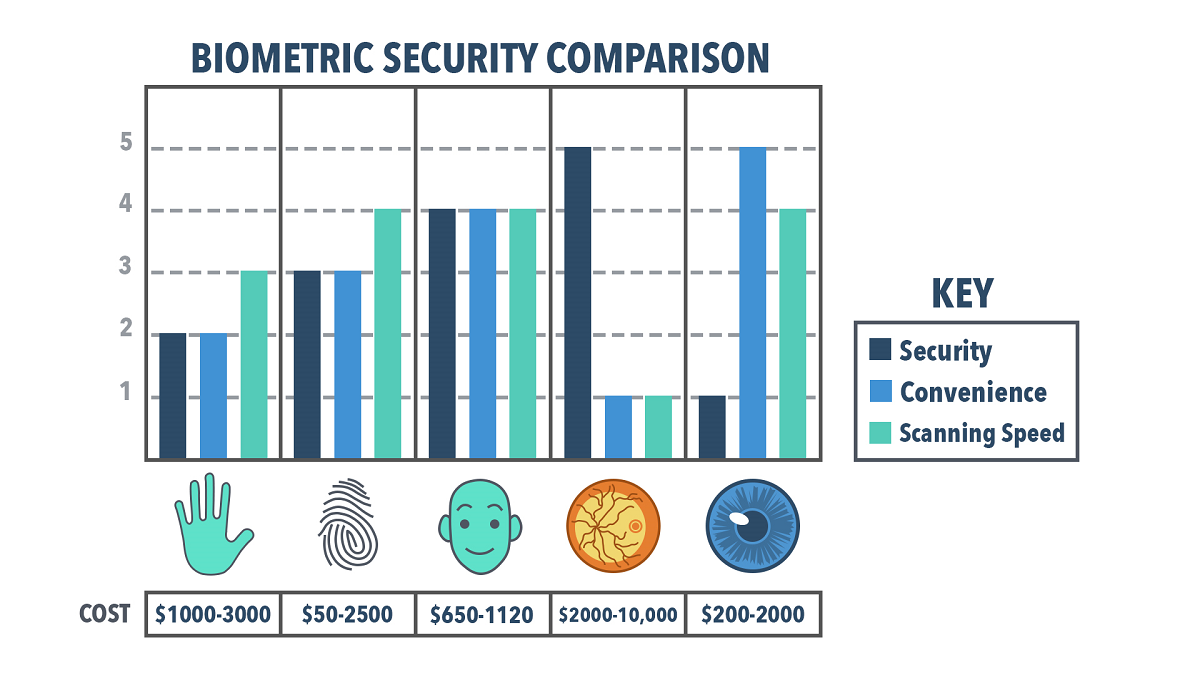Finding Serenity: How Meditation Enhances Your Sleep and Security
Link Copied
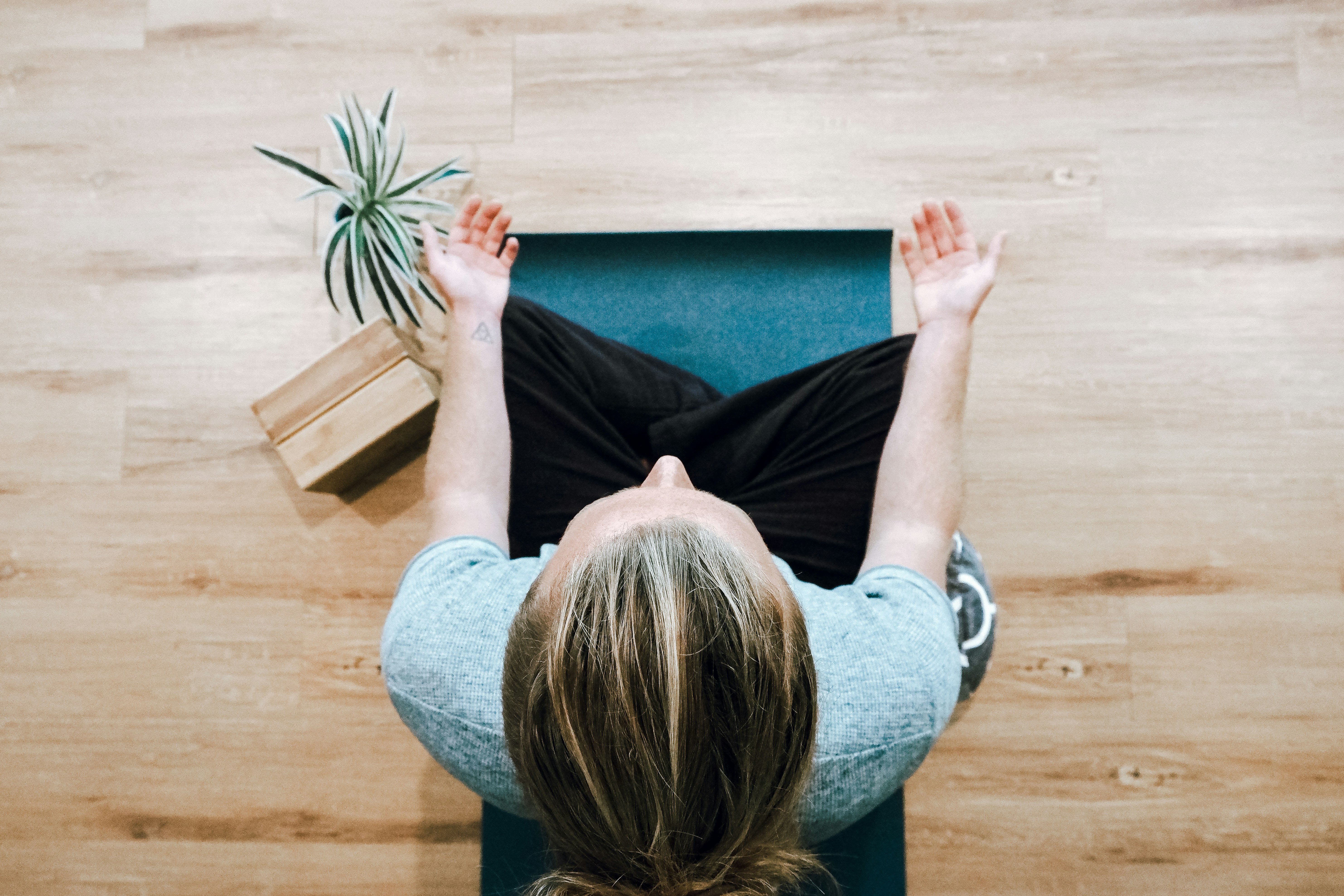
We live in a fast-paced world, so getting a good night's sleep seems like an elusive dream for many. Stress, anxiety, and the constant bombardment of information from screens can wreak havoc on our ability to relax and fall asleep. However, amidst this chaos, meditation emerges as a beacon of hope, offering a pathway to tranquility and restful sleep.
Meditation has long been praised for its numerous benefits, ranging from stress reduction to enhanced focus and emotional well-being. But one of its often-overlooked advantages is its ability to significantly improve sleep quality. By incorporating meditation into your nightly routine, you can pave the way for a deeper, more restorative sleep experience.
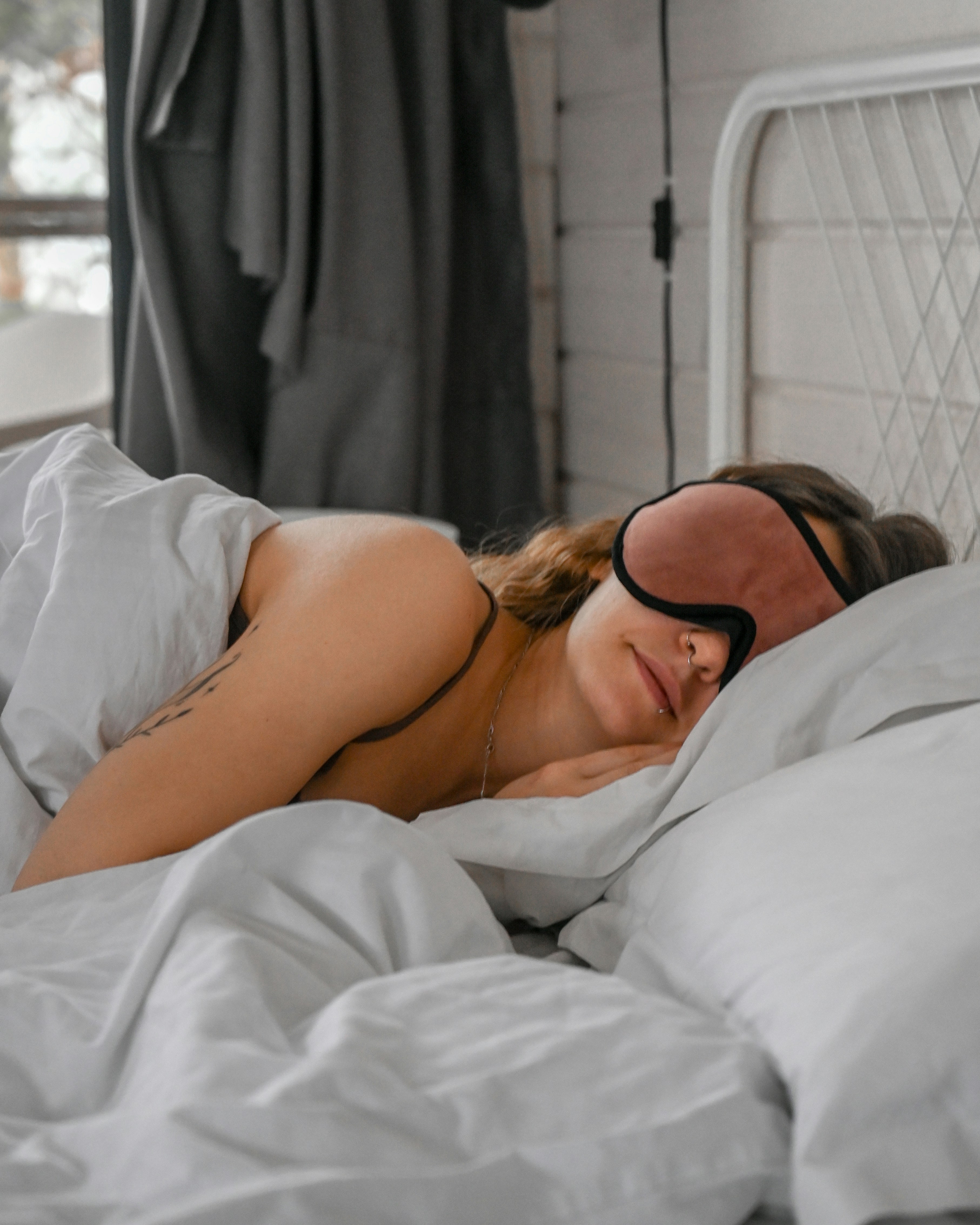
Science Behind Meditation
Meditation is the practice of deep breathing and mindfulness. Pretty simple. So how exactly does meditation help you sleep better at night?
First, meditation promotes relaxation by activating the body's relaxation response, which counteracts the effects of stress and tension accumulated throughout the day. By quieting the mind and releasing muscle tension, meditation creates the ideal conditions for falling asleep naturally.
Second, meditation can help regulate the body's internal clock, also known as the circadian rhythm, which plays a crucial role in regulating sleep-wake cycles. By practicing meditation regularly, you can synchronize your body's internal clock with external cues such as daylight and darkness, promoting a more consistent sleep schedule.
Third, meditation cultivates mindfulness, the practice of being fully present and aware of the present moment without judgment. By developing mindfulness skills, you can learn to let go of racing thoughts and worries that often keep you awake at night, allowing you to surrender to the peaceful embrace of sleep.
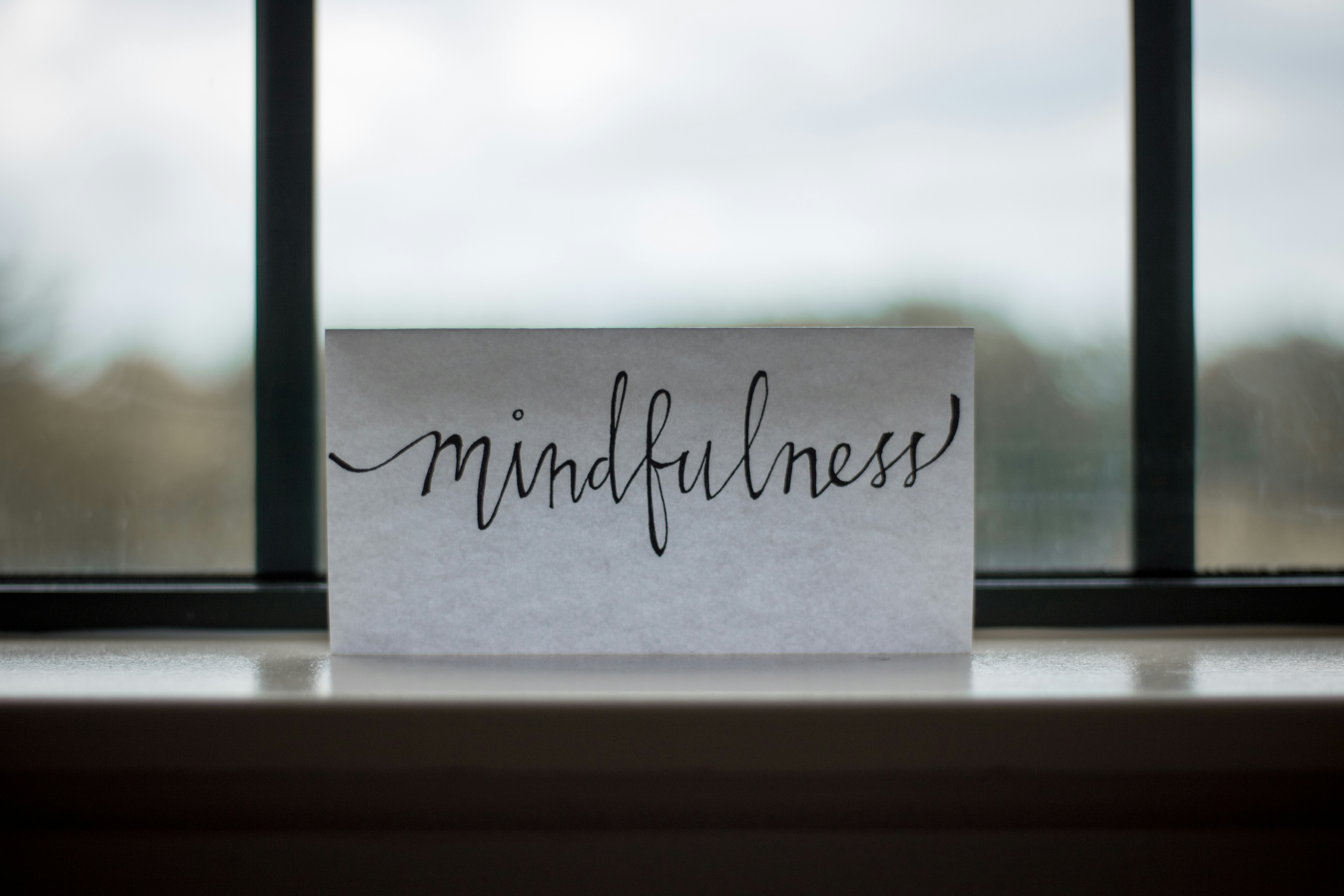
Getting Started with Meditation
If you are new to meditation, you may feel overwhelmed at the thought of where to even begin. No need to worry. You don’t need to be a guru or dedicate large amounts of time in order to reap the benefits of meditation. All you need is a few minutes a day.
If you prefer “guided meditation,” which is where another person talks you through the meditation session, you can attend a class or find a video on YouTube. One quick and easy tool for integrating meditation into your daily life is a meditation app. Some popular ones include Calm, Headspace, Insight Timer, and Simple Habit. Once you have the app, it’s easy to simply open it and follow the prompts. Each of these apps have a library of guided meditations, sleep stories, and soothing music.
If you prefer to simply meditate on your own, follow these simple instructions:
- Find a quiet and comfortable place to sit where you won’t be disturbed. Many people like to sit cross-legged and place their hands palm facing up on their knees, but this is not required. If you are meditating as you go to sleep, simply lay in bed as usual.
- Start by deep breathing. Notice each breath in and out. Extend the time of breathing in and out. Then allow your body to go into a normal rhythm.
- Do a body scan. Start with your head, move to your neck, then on down your major body parts. Breath in and out as you notice any discomfort, allowing yourself to relax.
- Let your mind do its thing. It’s okay for your mind to wander, and it definitely will as you begin your meditation practice. Simply acknowledge these thoughts, then come back to your breathing and body scan. This is a judgment-free zone so let your mind work out what it needs to in order to help your body relax.
- Meditate for as little or as long as you need. Even five minutes will do wonders to help you feel more rested and ready for sleep.
- Add soft music if it helps you. You can search for meditation playlists on your favorite music platforms.
- Be as consistent as possible. Try to meditate every day if you can, or at least a few times a week. This helps train your mind and body, letting you know that you’ll be easing into sleep soon.
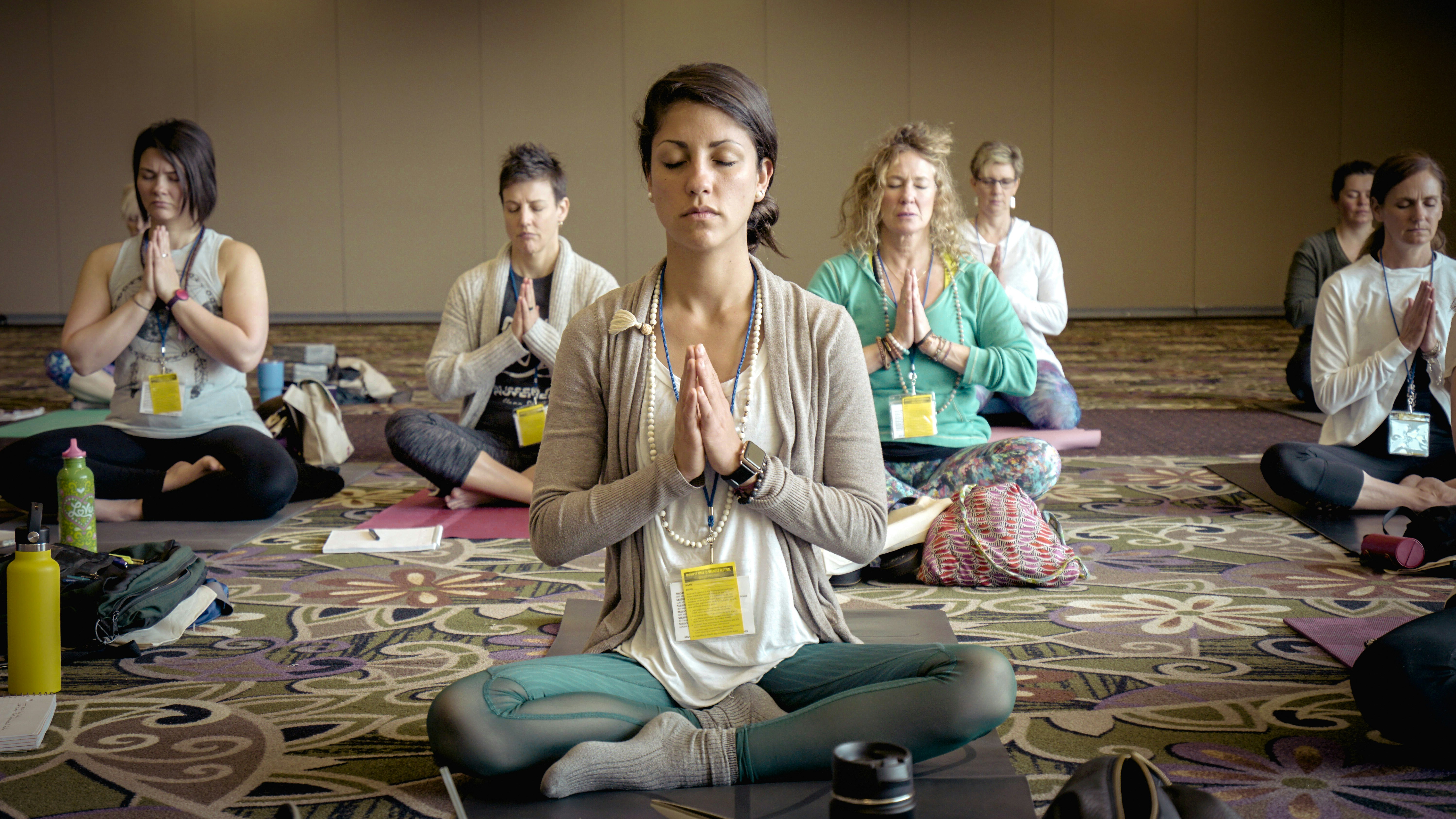
Additional Habits for Peaceful Sleep
While meditation can work wonders for improving sleep quality, it's essential to complement this practice with other healthy sleep habits, such as maintaining a consistent sleep schedule, creating a conducive sleep environment (good mattress and pillow, essential oils, sound machine), and limiting exposure to screens before bedtime.
However, even with these precautions in place, it's natural to still have concerns about your personal safety and home security. That's where Cove home security comes into play. With its state-of-the-art technology and 24/7 professional monitoring, Cove offers homeowners peace of mind knowing that their property is protected against potential threats.
From door and window sensors to motion detectors and security cameras, Cove's customizable security solutions can be tailored to meet the unique needs of any home. Whether you're looking to safeguard your family against intruders or monitor for environmental hazards such as fires and floods, Cove provides comprehensive protection you can rely on.
At bedtime every night, you can “arm” your Cove system, do your meditation, then sleep better at night knowing you’re safe and secure.
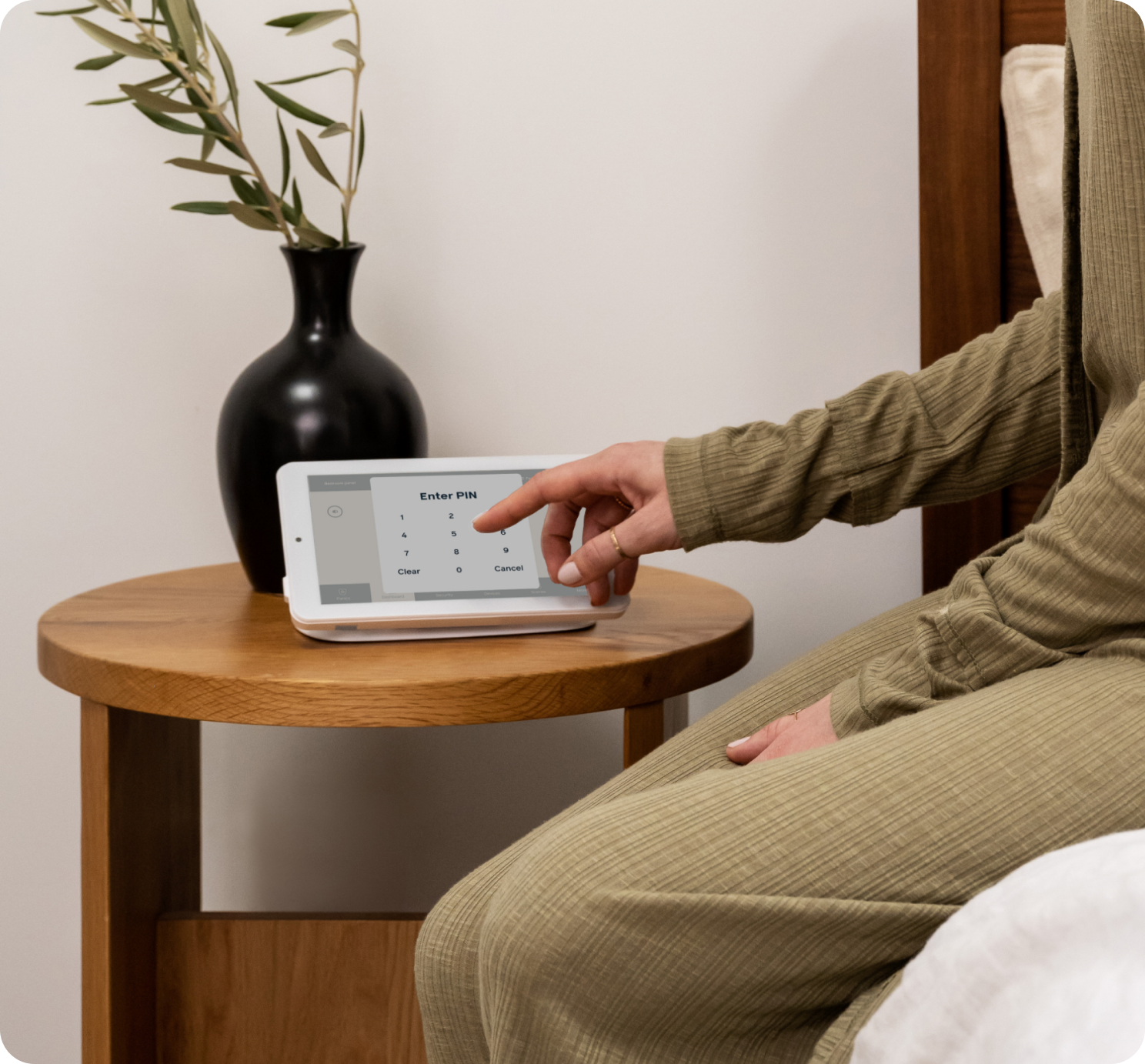
By combining the calming effects of meditation with the reassurance of a reliable home security system like Cove, you can create a sanctuary where tranquility and safety go hand in hand. So why wait? Start prioritizing your sleep and security today and reap the countless benefits of a well-rested mind and a protected home.
Ready to get started?
Take this short quiz to build your customized system today!
Takes less than a minute


